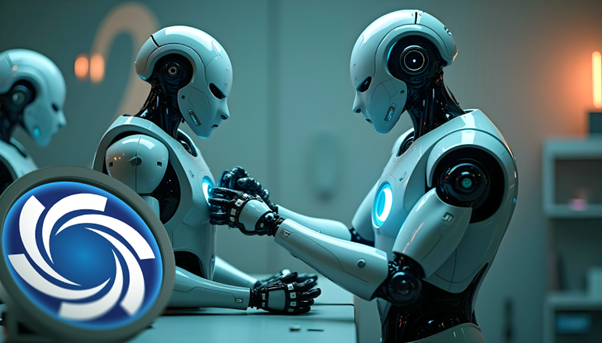DeepMind CEO on AI's Galactic Potential and Earthly Limitations

Demis Hassabis, the CEO of Google's AI research lab DeepMind, offers a profoundly optimistic vision for the future, predicting that artificial intelligence will usher in a transformative period for humanity. He envisions AI leading to what he terms a "golden era" characterized by radical abundance and superhuman productivity, potentially beginning as early as 2030. According to Hassabis, these advanced AI tools are not primarily for replacing human workers but for augmenting their capabilities, making them significantly more effective and productive.
Hassabis foresees AI acting as a powerful assistant across various sectors, supercharging human productivity to an extent where individuals might seem "a little bit superhuman." He believes this technological advancement will lead to an era of maximum human flourishing. One of the most striking aspects of his forecast is the idea that humanity, empowered by AI, will begin to travel to the stars and colonize the galaxy, with these endeavors commencing around the 2030s.
Addressing common concerns about AI and job displacement, Hassabis maintains a positive outlook. He suggests that, historically, new technologies have tended to create new, often better, jobs that utilize these tools, rather than leading to widespread, permanent unemployment. He stated he hasn't personally witnessed significant outcry about an AI-driven job takeover, emphasizing instead the potential for AI to enhance existing roles and create novel opportunities.
However, this optimistic perspective is not universally shared among tech leaders. Dario Amodei, CEO of AI company Anthropic, has predicted that AI could automate as much as 50% of entry-level roles within the next five years. Such a shift, Amodei warns, could cause unemployment rates to soar to between 10% and 20%. Similarly, LinkedIn’s chief economic opportunity officer, Aneesh Raman, has indicated that technological disruption driven by AI is likely to first impact the lower rungs of the career ladder, affecting entry-level positions most severely.
Hassabis illustrates his point about AI augmenting rather than replacing humans by citing the healthcare sector. He explained that while AI can assist professionals, there are aspects of human interaction that machines cannot replicate. For instance, he stated, "You wouldn’t want a robot nurse—there’s something about the human empathy aspect of that care that’s particularly humanistic." This highlights his belief that uniquely human qualities like empathy will ensure that certain roles remain fundamentally human-centric, even in an AI-advanced future.
Ultimately, the DeepMind CEO is convinced that advanced AI models will bring about a renaissance in human existence. He anticipates that if developments proceed positively, the world is on the cusp of an era of unprecedented human achievement and well-being, fueled by intelligent tools that amplify our innate capabilities and expand our horizons beyond Earth.













